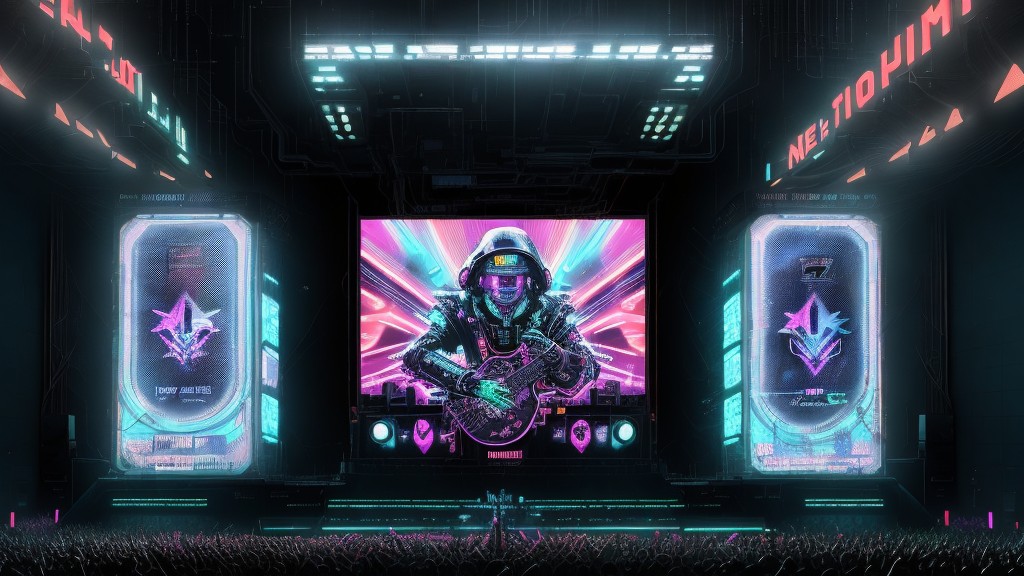
AI Popstars: The Future Sound or Just White Noise?
The age-old adage, “music is the universal language of mankind,” captures the quintessential human experience that music offers. It transcends borders, cultures, and emotions. But what happens when the musicians behind the music aren’t human?
The recent buzz around Universal Music’s potential collaboration with Google to leverage advanced AI voice replication tools is creating quite the stir. Here are some questions and perspectives to consider:
Revolution or Devaluation?
- A New Sound: Incorporating AI into music could herald an era where artists can collaborate with AI, leading to the creation of fresh and unprecedented soundscapes. The tools could also ensure the legacies of iconic artists continue for generations to come.
- Lost Authenticity: On the flip side, music is cherished for its raw emotion and the unique experiences of artists. Can an AI-generated song ever encapsulate the soulful nuances that human artists bring?
Ethical Implications:
- Artist Rights: Licensing voices of artists, especially those no longer with us, raises moral dilemmas. Who gets to decide, and to what extent should the voices be used or altered?
- Monetary Matters: Will AI-created tracks divert revenue away from struggling human artists? Or, can they be used to support and promote budding talent?
Commercial Viability:
- Curiosity Sales: The novelty of AI-generated music might intrigue many, leading to initial spikes in sales.
- Sustainability: However, will the novelty wear off? Would fans remain loyal to AI versions of their favorite artists in the long run?
As we tune into this emerging genre, it’s essential to strike the right chord between innovation and preservation. Can we harmonize AI’s capabilities with the emotional depth of human-made music? Or are we risking diluting the very essence of artistry?
So, music aficionados, would you add an AI-created track to your playlist? Or does the future of music for you still have a beating human heart? Chime in with your thoughts!
